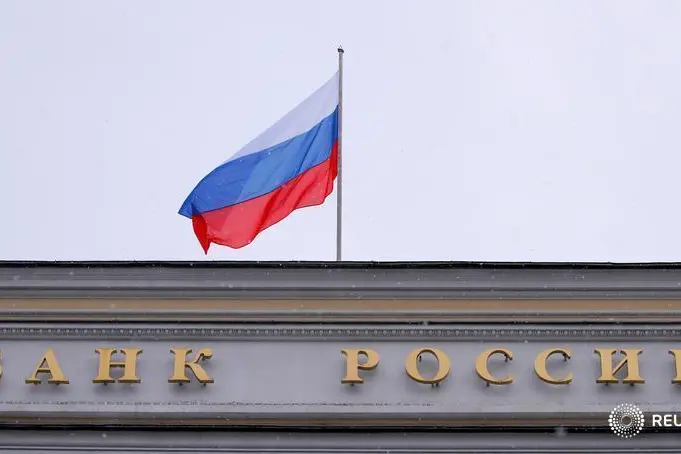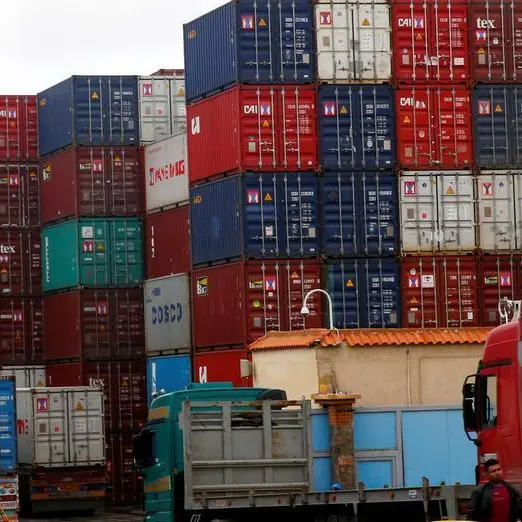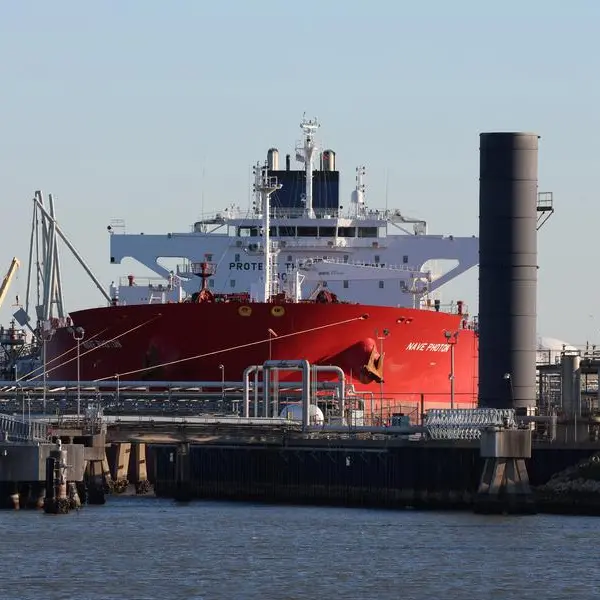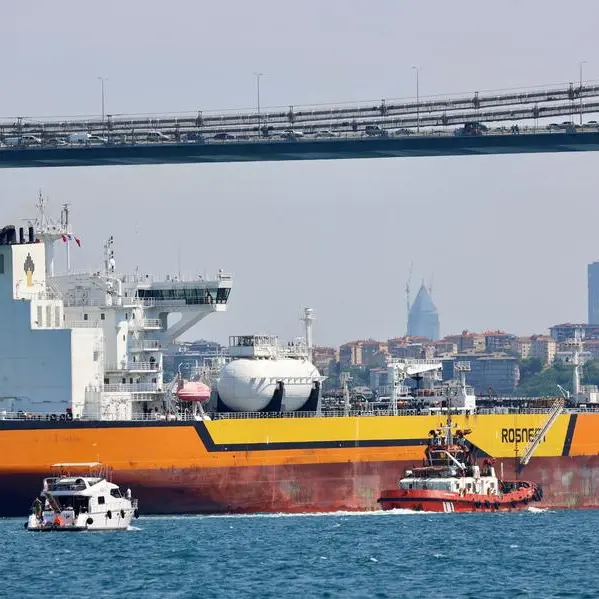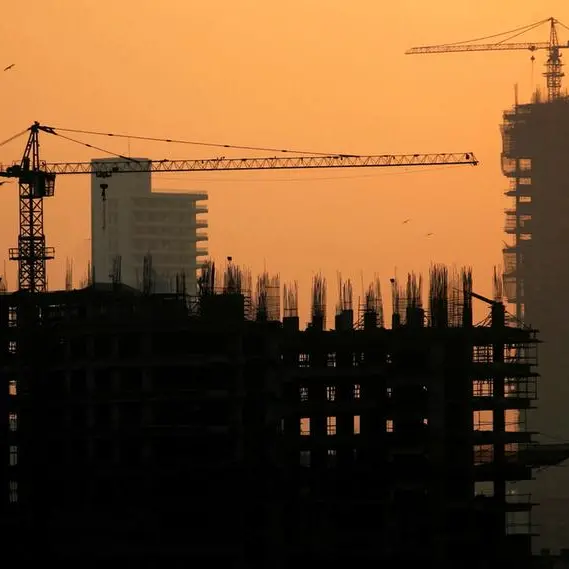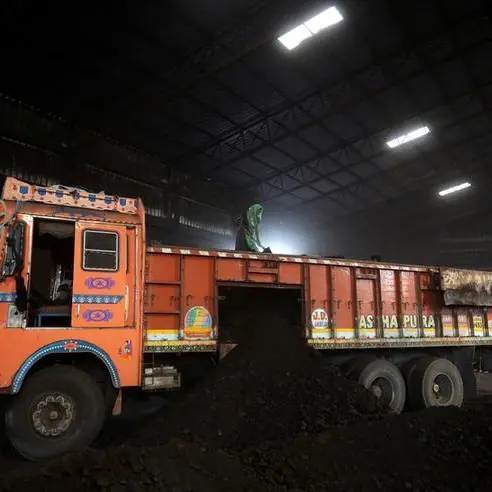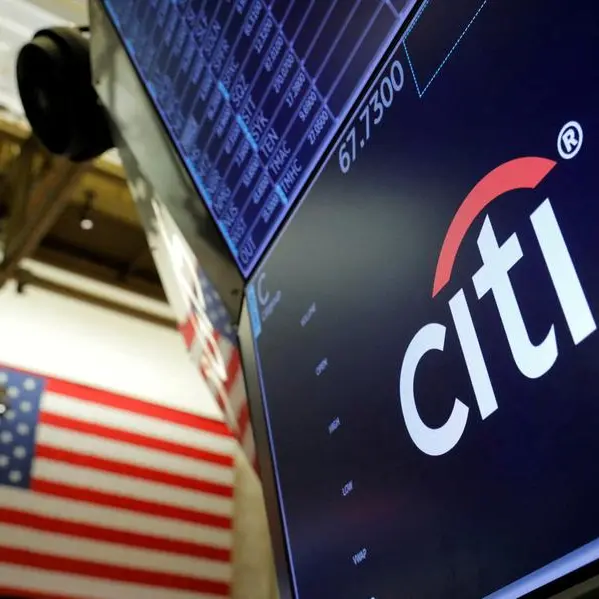PHOTO
The Russian central bank hiked its key interest rate by 200 basis points (bps) on Friday to 21%, the highest level since February 2003.
The central bank said in its release that current seasonally adjusted inflation reached 9.8% in September after 7.5% in August and inflationary expectations among population reached maximum level since the start of the year.
"In the medium-term horizon, the balance of risks for inflation remains significantly skewed towards pro-inflationary factors," the regulator said.
The regulator maintained hawkish rhetoric, saying another hike was possible at the next meeting.
It added that high inflation expectations and the deviation of the Russian economy from the path of balanced growth, as well as the deterioration of external trade conditions were the main inflationary risks.
Most analysts polled by Reuters expected a 100 bps hike. The decision takes into account Russia's new draft budget, seen as inflationary due to increased military spending and a higher-than-expected deficit of 1.7% of GDP for this year.
The rate is also the highest since the key rate was introduced in 2013, replacing the refinancing rate as the main market guidance. The refinancing rate was reduced to 18% from 21% in February 2003 and has remained below 20% ever since.
The current weakness of the Russian currency, with the official exchange rate against the U.S. dollar down by over 12% since early August, is also viewed by analysts as a strong inflationary factor.
The hike also reflects political support for the central bank's leadership, which faced unprecedented pressure from some of Russia's most powerful businessmen, including the heads of the country's largest oil and defence companies, to halt the tightening cycle.
Official data shows, however, that despite the tightening measures, corporate lending has not slowed down. The central bank has implemented a series of additional measures in recent weeks to curb lending growth.
The International Monetary Fund (IMF), which cancelled its mission to Russia last month following protests by several European countries, reduced its forecast for Russia's economic growth by 0.2% to 1.3% in 2025 from 3.6% this year.
The fund cited slowing consumption and investment growth amid a less tight labour market and more moderate wage growth. The fund stated that its projections assume the central bank is adopting a tight monetary policy stance.
Russia officially forecasts economic growth slowing to 2.5% from the expected 3.9% growth this year.
The central bank raised the interest rate to 20% in February 2022 to calm markets unsettled by Russia's actions in Ukraine and to stop capital outflow. It lowered the rate to 17% in April 2022.
(Reporting by Elena Fabrichnaya, writing by Gleb Bryanski; editing by Guy Faulconbridge)
